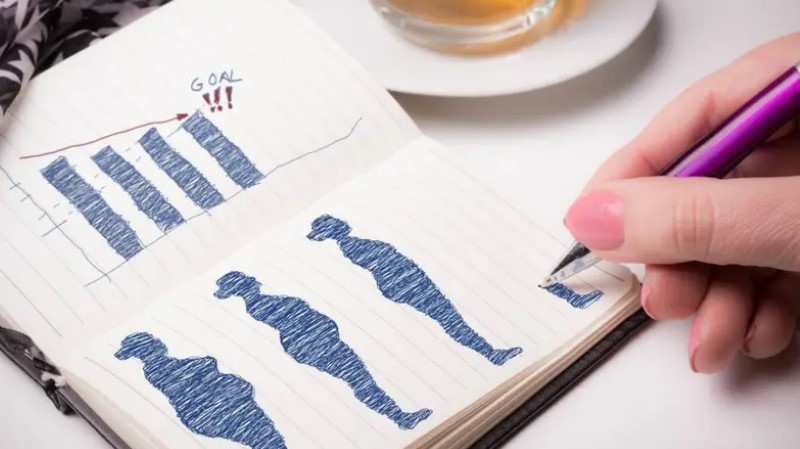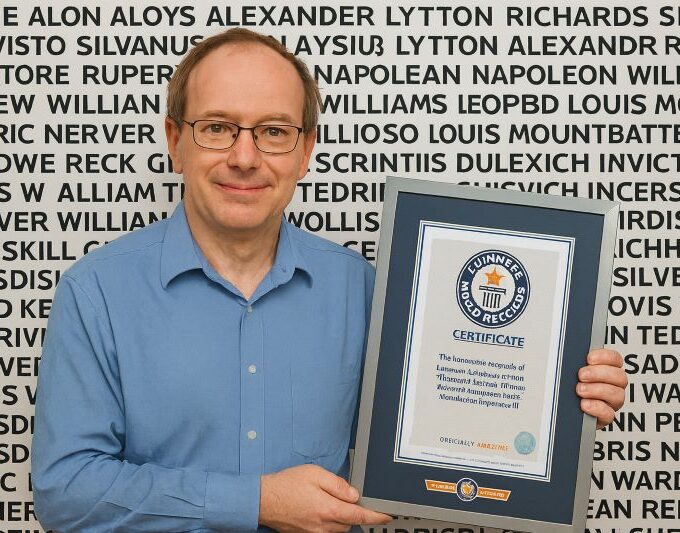We all know that sugary carbonated beverages are high in calories, for example, one cola drink contains the equivalent of 7 teaspoons of sugar. Sugar and calories can make people fat, but is it just the sugar in drinks that causes people’s waistlines to increase, or is there more? Like the bubbles in carbonated drinks? The society are confused.
In a recent experiment at Birzeit University in Palestine, researchers fed a group of male rats a sugary carbonated drink, a regular sugary drink, and tap water. The rats that regularly drank the sweetened carbonated drinks gained more weight and gained it faster than the rats that drank the regular sugary drinks or tap water. When the researchers studied their blood samples, they found that the carbonated rats had higher levels of the hunger hormone growth hormone, which may have contributed to their weight gain.
Cheese sandwich test
The results of this test were so interesting that the production team of the BBC’s Trust Me, I’m a Doctor program decided to do a similar test, but this time inviting volunteers to do the test. We found a group of healthy volunteers and we decided not to tell these volunteers what the test was about yet, as we hoped it would give better results. In fact, the main purpose of our experiment was to test the effect of the bubbles in carbonated drinks on body weight.
At the beginning of the trial, we asked the volunteers not to eat for 10 hours before they arrived at the trial site. Then we gave them the same cheese sandwiches. The reason for this is to keep everyone’s blood growth hormone levels essentially at the same level. One hour after eating the sandwiches, each volunteer is given a soft drink, either a sweet carbonated drink, or a non-carbonated sweet drink, or carbonated water and plain water without bubbles.

The handouts were randomized. Ten minutes after they finish this drink, the level of growth hormone in their body begins to be measured. After that, what the volunteers ate was recorded so that the researchers would know the calorie content of the food they consumed after drinking the drink.
Over the following two weeks, the volunteers returned to the lab three more times, each time repeating the above experiment of eating a cheese sandwich and getting a different soft drink. This was done to see how the same person reacted to the different drinks.
Growth hormone is the key
It was only at the end of the trial that we told the volunteers the real purpose of the trial, which was to see not only the effect of sugar on people’s hunger, but also the role played by the bubbles in the drinks. It turned out that the hormone growth hormone in the body went up by 50% when people drank carbonated drinks with bubbles in them. This meant that one hour after drinking a sweet carbonated drink one would feel hungrier than if one drank the same sugary but non-sparkling drink. Similarly, drinking carbonated water with bubbles also showed a slight increase in growth hormone levels compared to drinking regular water.
Not only that, but the researchers also looked at what the volunteers ate throughout the day after drinking the carbonated beverages, and the results were even more alarming. Those who drank sweetened carbonated beverages consumed an average of 120 calories more than those who didn’t. This finding was significant. The carbonated beverages they drank already contained 140 calories, and after drinking this beverage they consumed another 120 calories more than the volunteers who drank non-carbonated beverages.
Why do bubbles increase people’s hunger?

While the researchers aren’t quite sure, they think it could be either of the following two reasons:
- First, people release carbon dioxide in their stomachs after drinking sweet carbonated beverages, and chemical sensors in the stomach, upon detecting the carbon dioxide, prompt cells located in the upper part of the stomach to release growth hormone, which causes people to feel hungry.
- Another possibility is a mechanical response. The stomach expands and elongates when stimulated by air bubbles, which prompts the cells to release growth hormone, and the result is a feeling of hunger.
In light of this, is it okay to drink non-carbonated sweet drinks? Not really. The best option is to drink regular water (water without bubbles).
The researchers concluded that while the results of this study are still in their infancy, it finds a good reason why people shouldn’t drink sweet carbonated beverages on a regular basis.
Next time, watch your mouth when you want a sweet carbonated drink!












